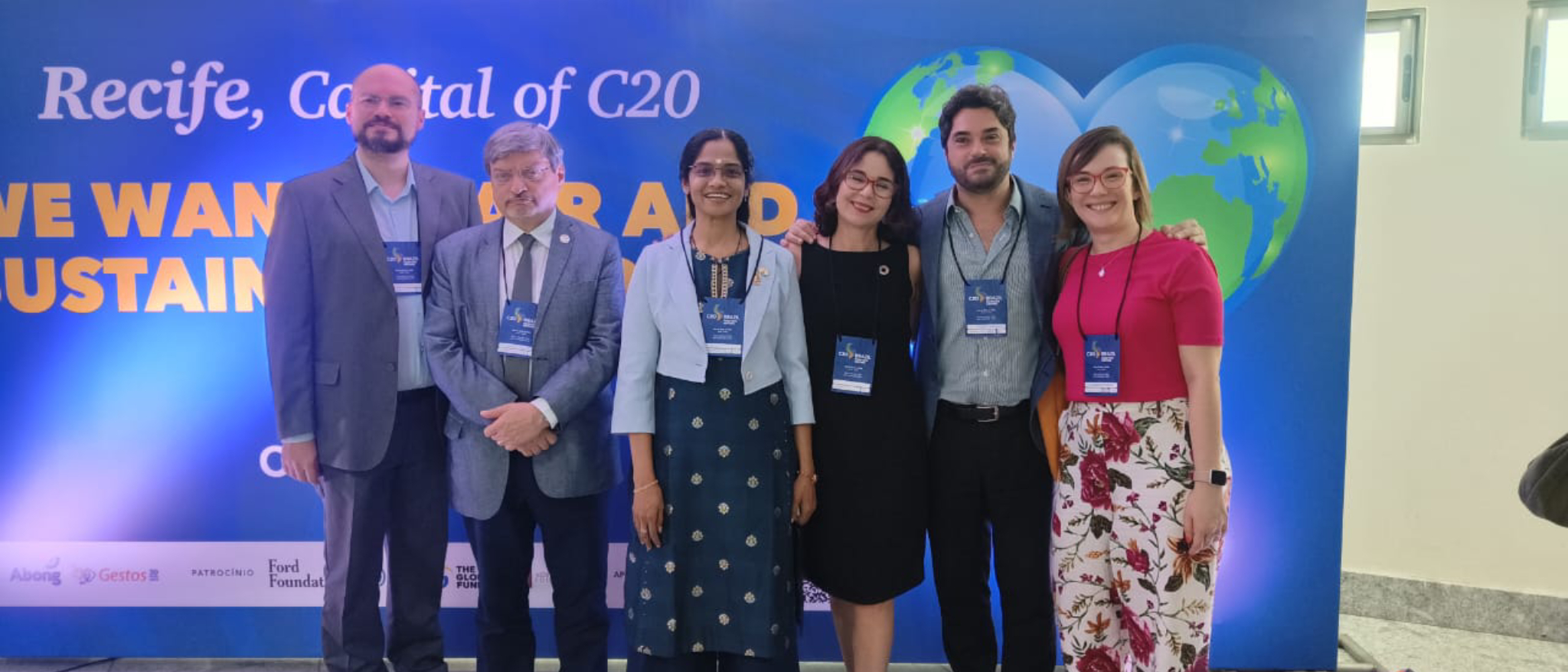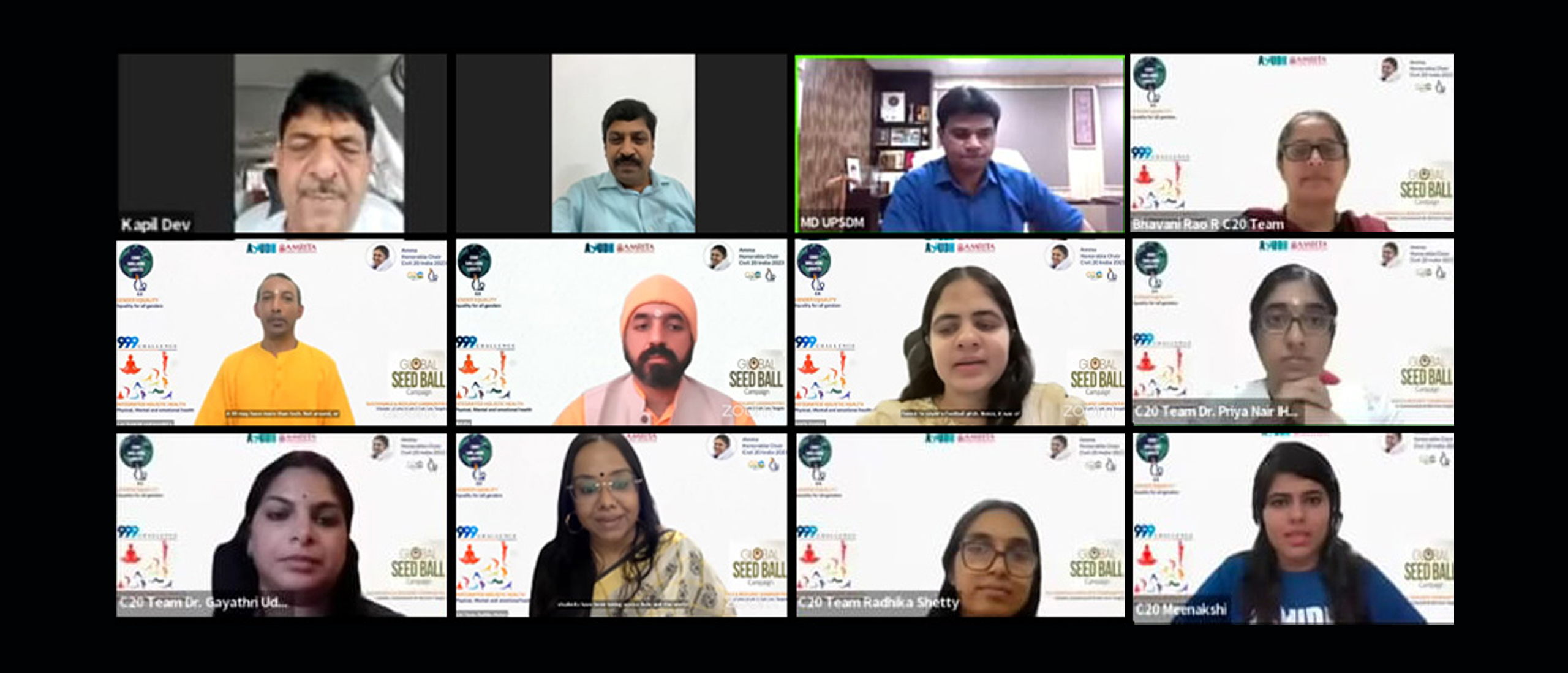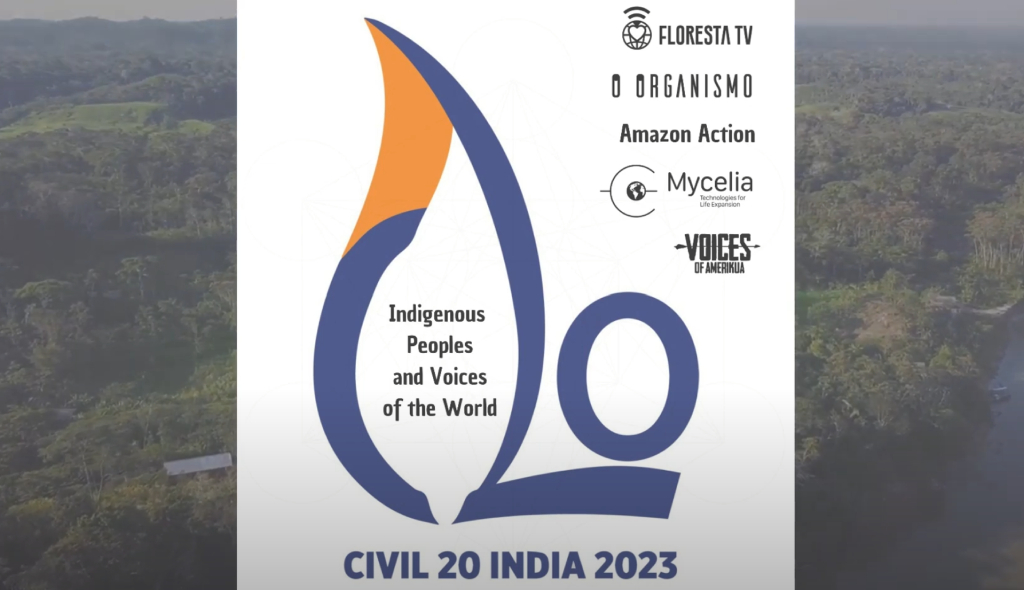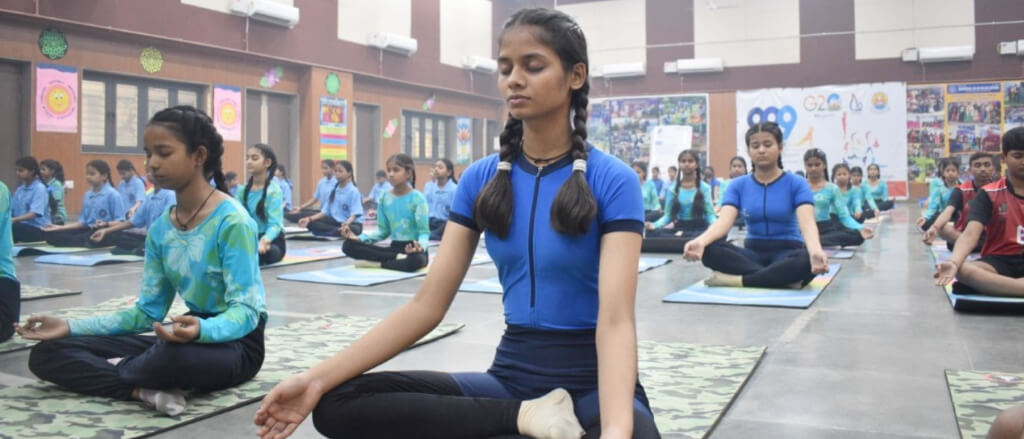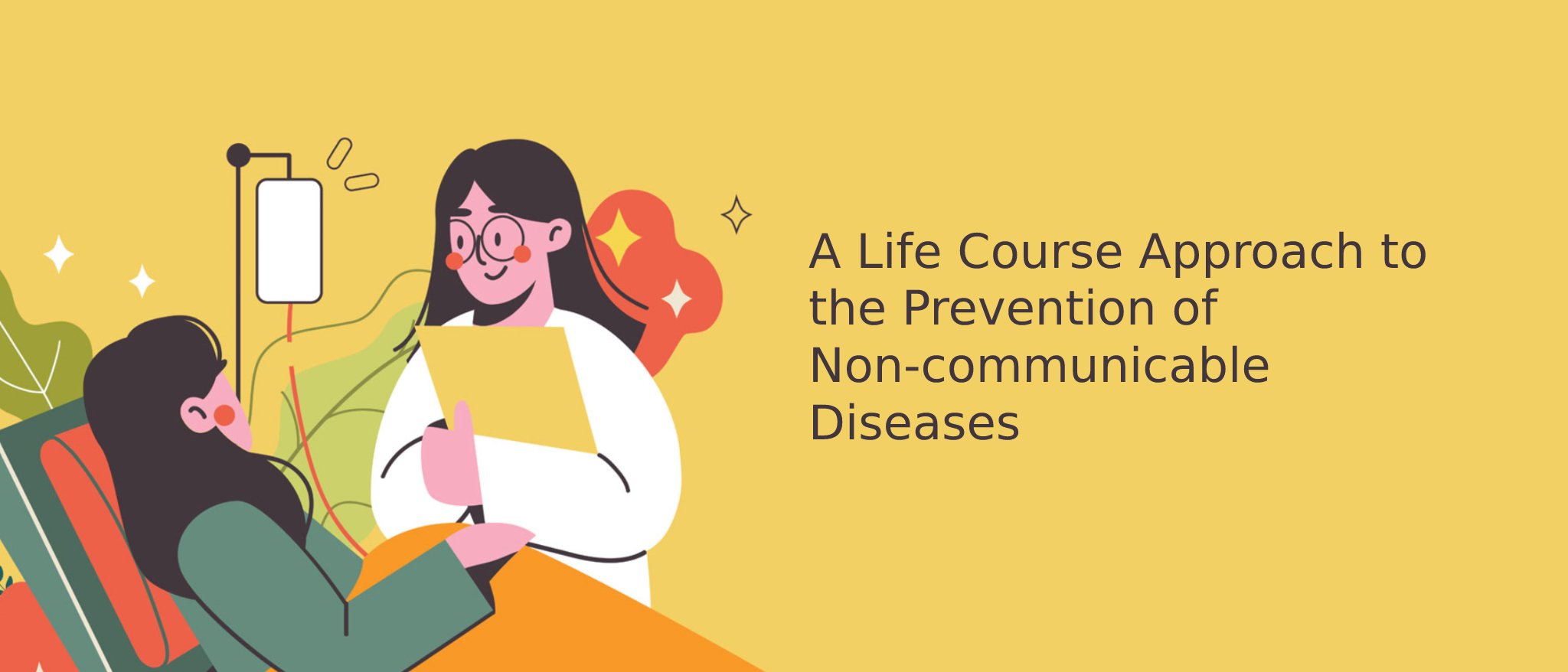Non-Communicable Diseases
CHRONIC ILLNESSES ARE RISING
Non-Communicable Diseases
According to the World Health Organization, non-communicable diseases (NCDs), also known as chronic illnesses, are rising and account for 74 percent of deaths globally. Over three-quarters of these deaths are in low- and middle-income countries. The most common NCDs are cardiovascular diseases, cancers, chronic respiratory diseases, and diabetes. They are often chronic and are caused by a combination of genetic, behavioral, psychological, and environmental factors, such as an unhealthy diet, lack of physical activity, tobacco and alcohol use, and pollution. Many risk factors contributing to the burden of NCDs are modifiable at the individual and systemic levels and should be considered in guiding policy recommendations and priorities. In addition to national initiatives such as universal health coverage and improved access to healthcare services, priorities should include preventative measures such as patient education and increased screening, and lifestyle changes.
Addiction
Addiction or substance use disorder is considered a chronic mental illness. Addictive substances such as tobacco, alcohol, and drugs, such as amphetamines, cocaine, and opioids, cause 11.8 million preventable deaths globally each year, either directly from an overdose or indirectly due to increased risk of disease and injury. Besides the illnesses and deaths caused by addiction, consequences include social and economic losses to individuals and society. In 2005, the WHO introduced a policy package called MPOWER that includes effective interventions to monitor tobacco use, protect people against smoke, offer help to quit, warn about the dangers, enforce bans on tobacco advertising, and raise taxes on tobacco. Overall, countries that effectively implemented MPOWER policies reduced tobacco use. These are the kinds of interventions that truly bring about change in society. We aim to identify and streamline practical interventions that can be efficiently implemented on a global scale.
According to the World Health Organization, non-communicable diseases (NCDs), also known as chronic illnesses, are rising and account for 74 percent of deaths globally. Over three-quarters of these deaths are in low- and middle-income countries. The most common NCDs are cardiovascular diseases, cancers, chronic respiratory diseases, and diabetes. They are often chronic and are caused by a combination of genetic, behavioral, psychological, and environmental factors, such as an unhealthy diet, lack of physical activity, tobacco and alcohol use, and pollution. Many risk factors contributing to the burden of NCDs are modifiable at the individual and systemic levels and should be considered in guiding policy recommendations and priorities. In addition to national initiatives such as universal health coverage and improved access to healthcare services, priorities should include preventative measures such as patient education and increased screening, and lifestyle changes.
Addiction
Addiction or substance use disorder is considered a chronic mental illness. Addictive substances such as tobacco, alcohol, and drugs, such as amphetamines, cocaine, and opioids, cause 11.8 million preventable deaths globally each year, either directly from an overdose or indirectly due to increased risk of disease and injury. Besides the illnesses and deaths caused by addiction, consequences include social and economic losses to individuals and society. In 2005, the WHO introduced a policy package called MPOWER that includes effective interventions to monitor tobacco use, protect people against smoke, offer help to quit, warn about the dangers, enforce bans on tobacco advertising, and raise taxes on tobacco. Overall, countries that effectively implemented MPOWER policies reduced tobacco use. These are the kinds of interventions that truly bring about change in society. We aim to identify and streamline practical interventions that can be efficiently implemented on a global scale.
Ways to participate in C20
Udhaharans

AYUDH – Global Youth Wing
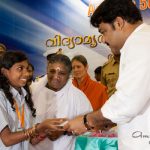
Vidyamritam – Children scholarships
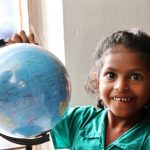
Technology enhanced Learning: AmritaRITE, OLabs, MedSIM, AyurSIM, AVIEW, VLab
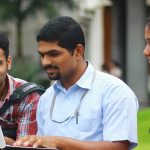
Online Education – African batch of fully funded students in Amrita’s BCA degree
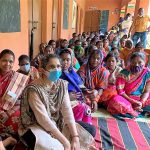
AmritaJSS – Skill Development and Adult Literacy
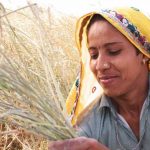
AmritaServe – Education, Skill Development, Learning Technologies

Inclusive Education: Amrita Orphanage, Amrita Institute for Differently Abled, Amrita Speech and Hearing Improvement School (ASHIS), Village Education Centers
Join the 999 challenge
The challenge is to practice 9 rounds of Surya Namaskar and 9 minutes of Meditation for World Peace daily for 9 days and then reflect on the impact it had on your life. The challenge highlights how yoga and meditation can have a major impact on mental health and physical well-being. Participants of the challenge have reported experiencing positive changes in their life outlooks, energy levels and overall sense of well-being. This, in turn, contributed to an atmosphere of peace within their schools and families. The goal is to reach 1 million people around the world by international yoga day, June 21st.
Share your experiences with 999
Now that you have completed your 9 days of Surya Namaskaram and prayers for world peace, we want to know about your experience!
Please share your experience with the 999 challenge, let us know how it has impacted you mentally, emotionally, and physically.
Your response can be written, or a video.
Chaupal C20
Each one of us influences the health of our society. The #YouAreTheLight campaign is a platform for all to share their experiences of health problems in society and suggest solutions to be included in our policy pact for the G20.
Events
We aim to widen the discussions on different facets of sustainable development goal 3: Good Health and Well-Being with policy building meetings and a series of public webinars and awareness campaigns that will take place throughout 2023.
Join us for one of our upcoming events.
Sub-Working Group Coordinators
Dr. K. R. Thankappan
Amrita Hospital, Kochi
Dr. Chandrasekhar Janakiram
Amrita School of Dentistry
Dr. S. Aswathy
Amrita Hospital, Kochi
Contact: ncd.ihh.c20india@amrita.edu
Core Committee Members
Prof. K. Srinath Reddy
Public Health Foundation of India
Vilma Irazola
Institute for Clinical Effectiveness and Health Policy (IECS)
Shriram Nallamshetty
VA Palo Alto and Stanford Medicine
A. G. Unnikrishnan
Chellaram Diabetes Institute
Dr. V. Mohan
Dr. Mohan’s Diabetes Specialities Centre & Madras Diabetes Research Foundation
Rajeev Gupta
Eternal Heart Care Centre & Research Institute, Jaipur, India
Adolfo L. Rubinstein
Center for Implementation and Innovations in Health Policy (CIIPS). Institute for Clinical Effectiveness and Health Policy (IECS)
Dorairaj Prabhakar
Centre for Chronic Disease Control
Areas of Focus
Upcoming Events
No event found!
Latest News
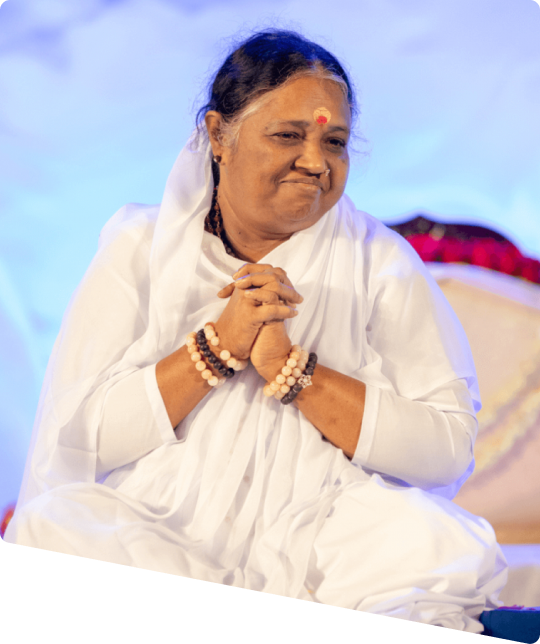
Message from the Chair, C20 India 2023
Our Inspiration
Amma sees the whole world as a flower. Each petal represents a nation. If one petal is infested with pests, it will affect the other petals as well. The beauty of the whole flower suffers. It is the responsibility of each and every one of us to protect and nurture this flower. All living beings in creation are interdependent. The rhythm of Nature depends upon humanity. It’s necessary to maintain the rhythm of the mind and body for the sake of our health and lifespan, for the sake of humankind and Nature.
Amma,
Sri Mata Amritanandamayi Devi ❤️
Sri Mata Amritanandamayi Devi ❤️
Our Partners & Advisory Members
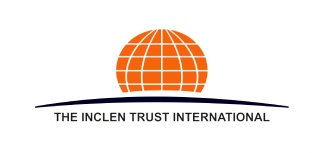
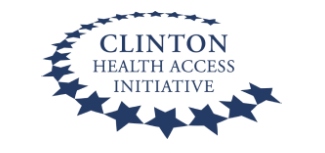
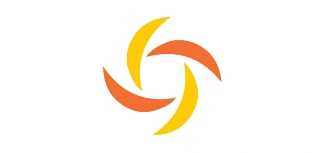
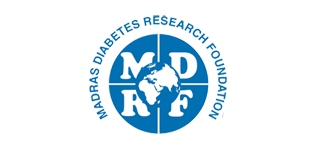


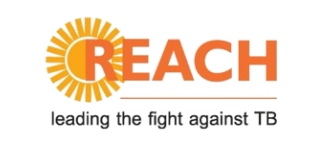
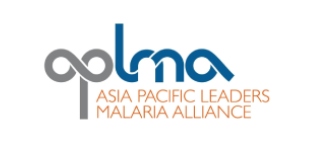
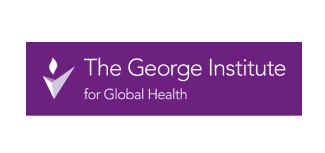
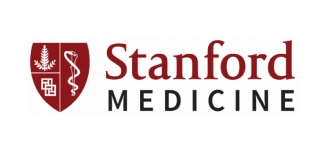
Contact Us
If You Have Questions About An Upcoming Event, Need More Information About C20, The Health Working Group, Or Anything Else, We'd Love To Hear From You.
- Email: ihh.c20India@amrita.edu
